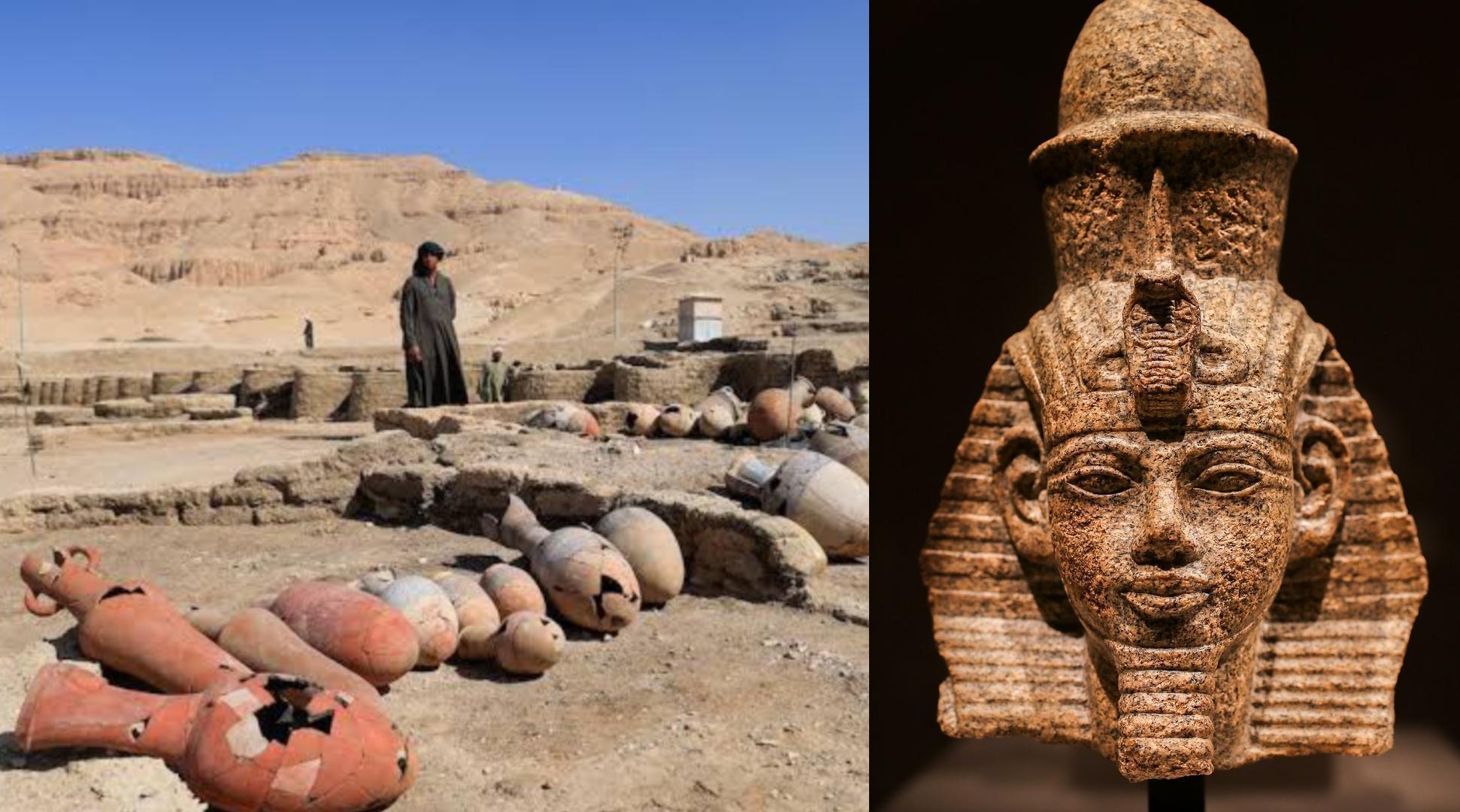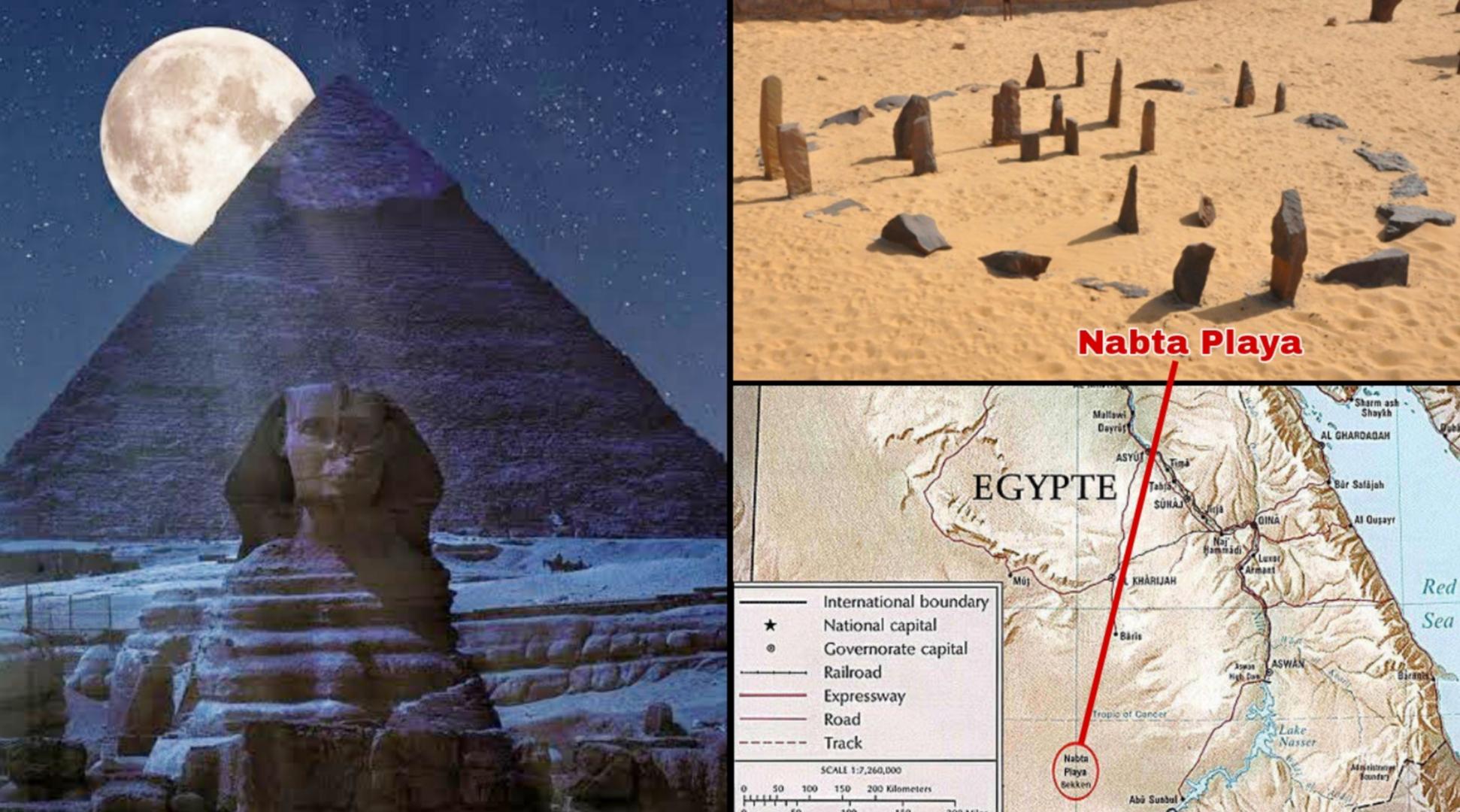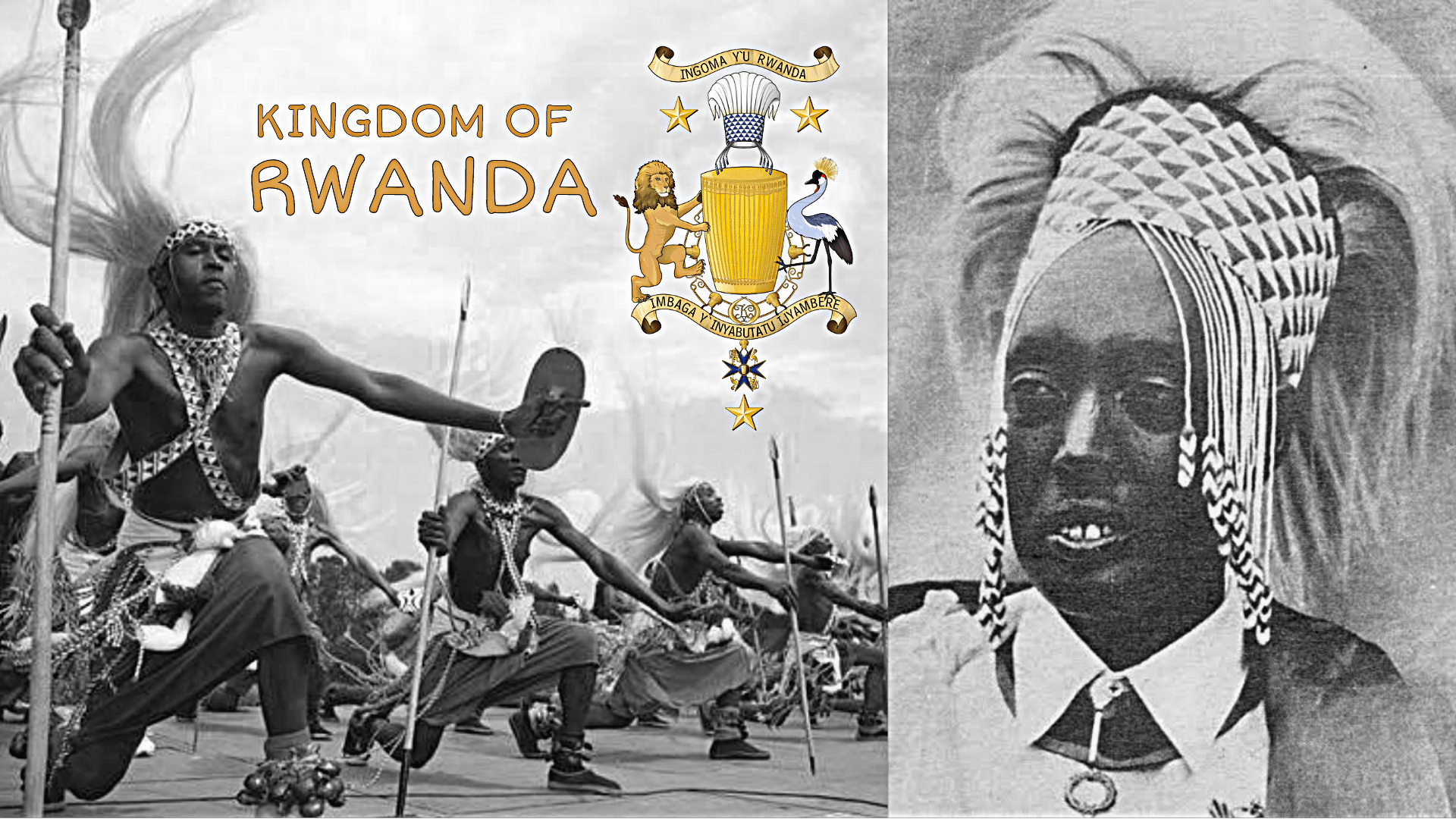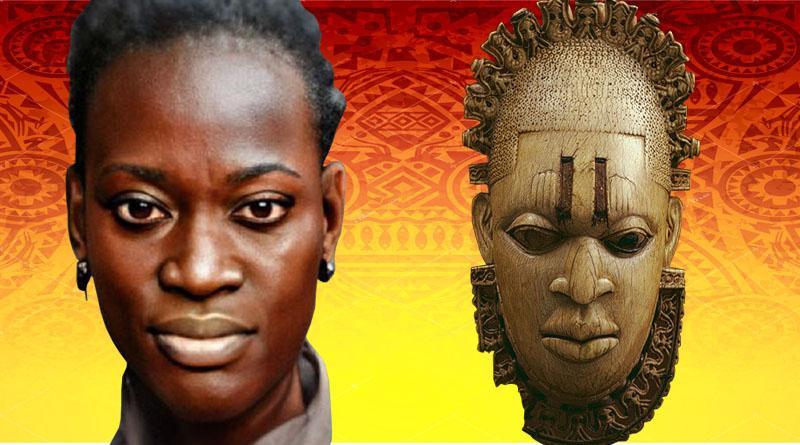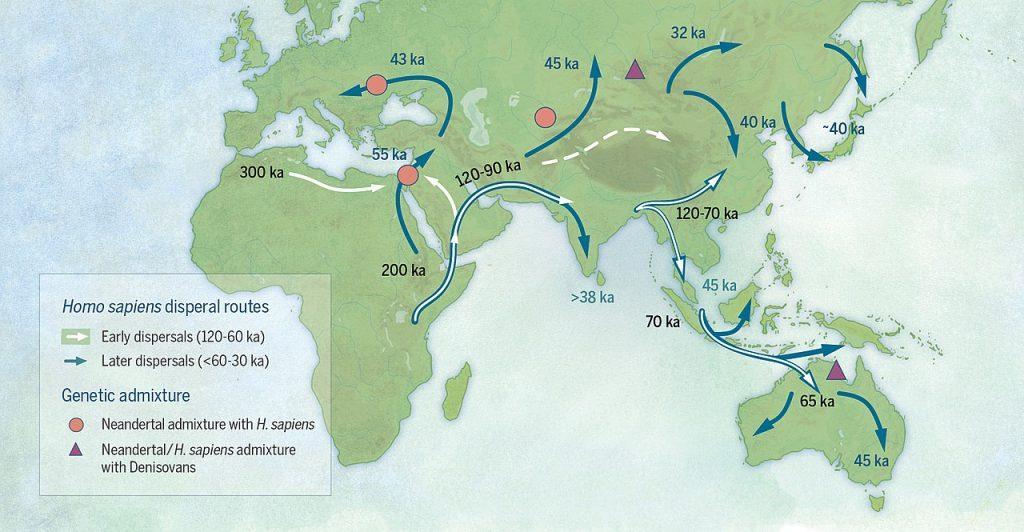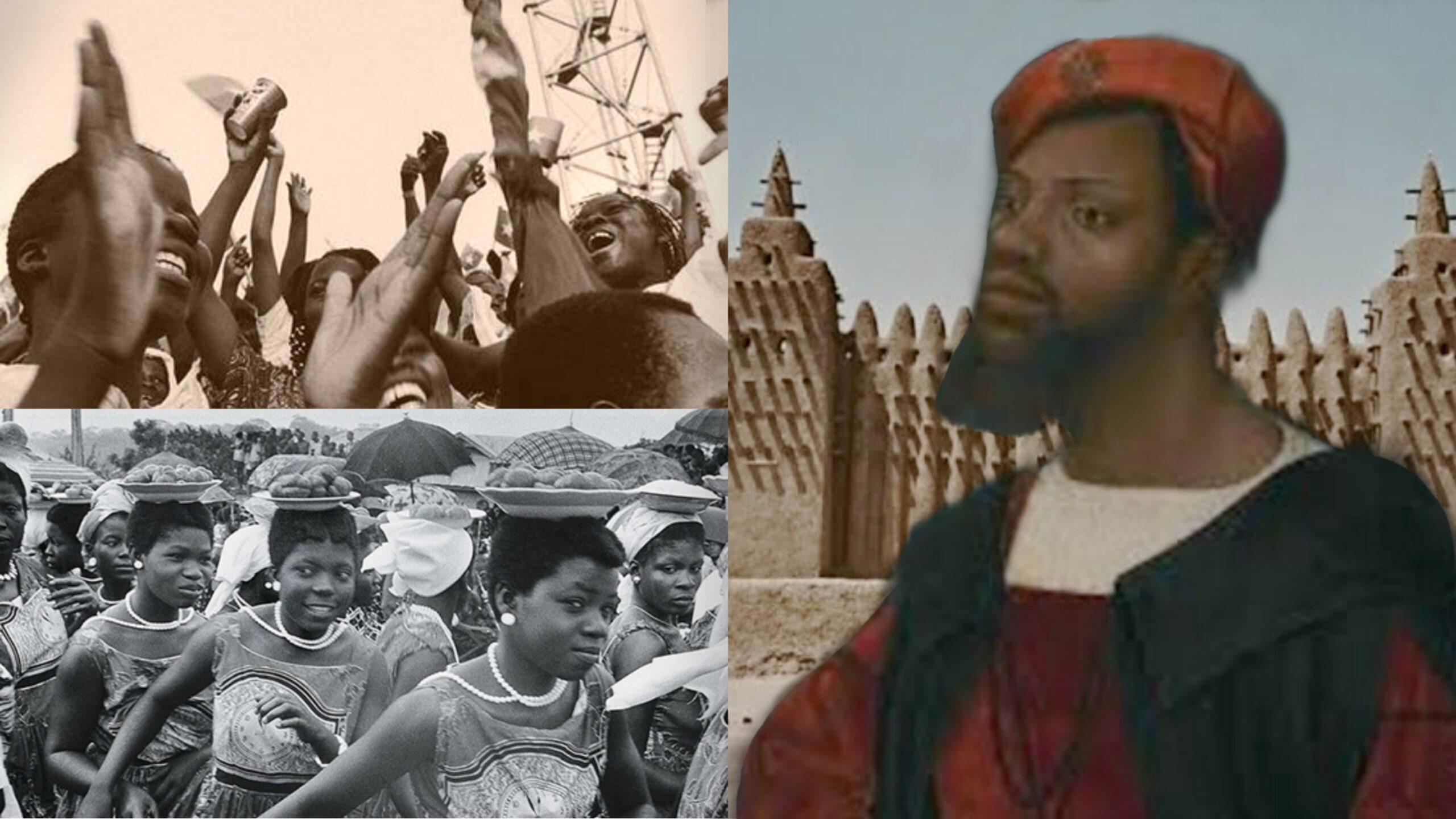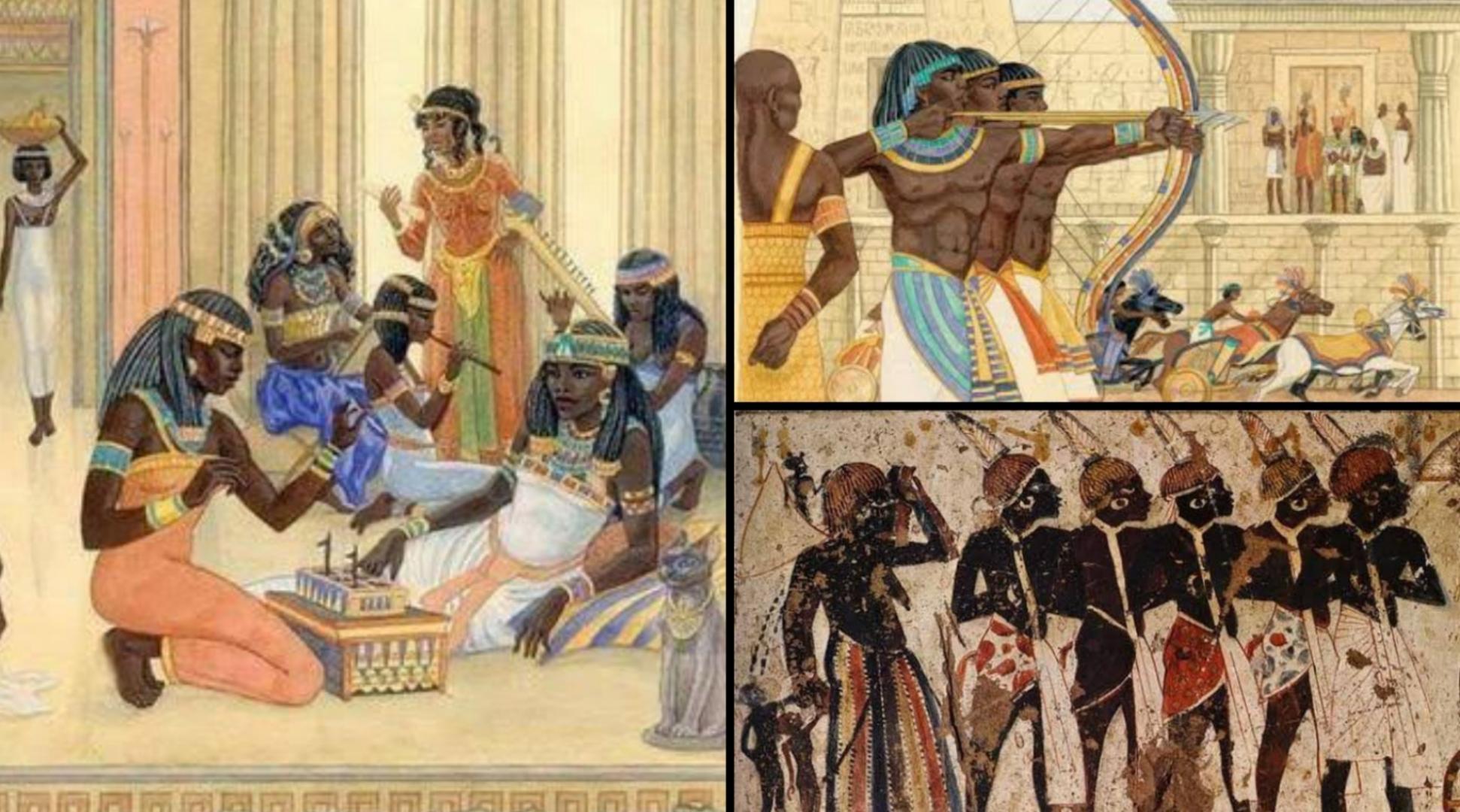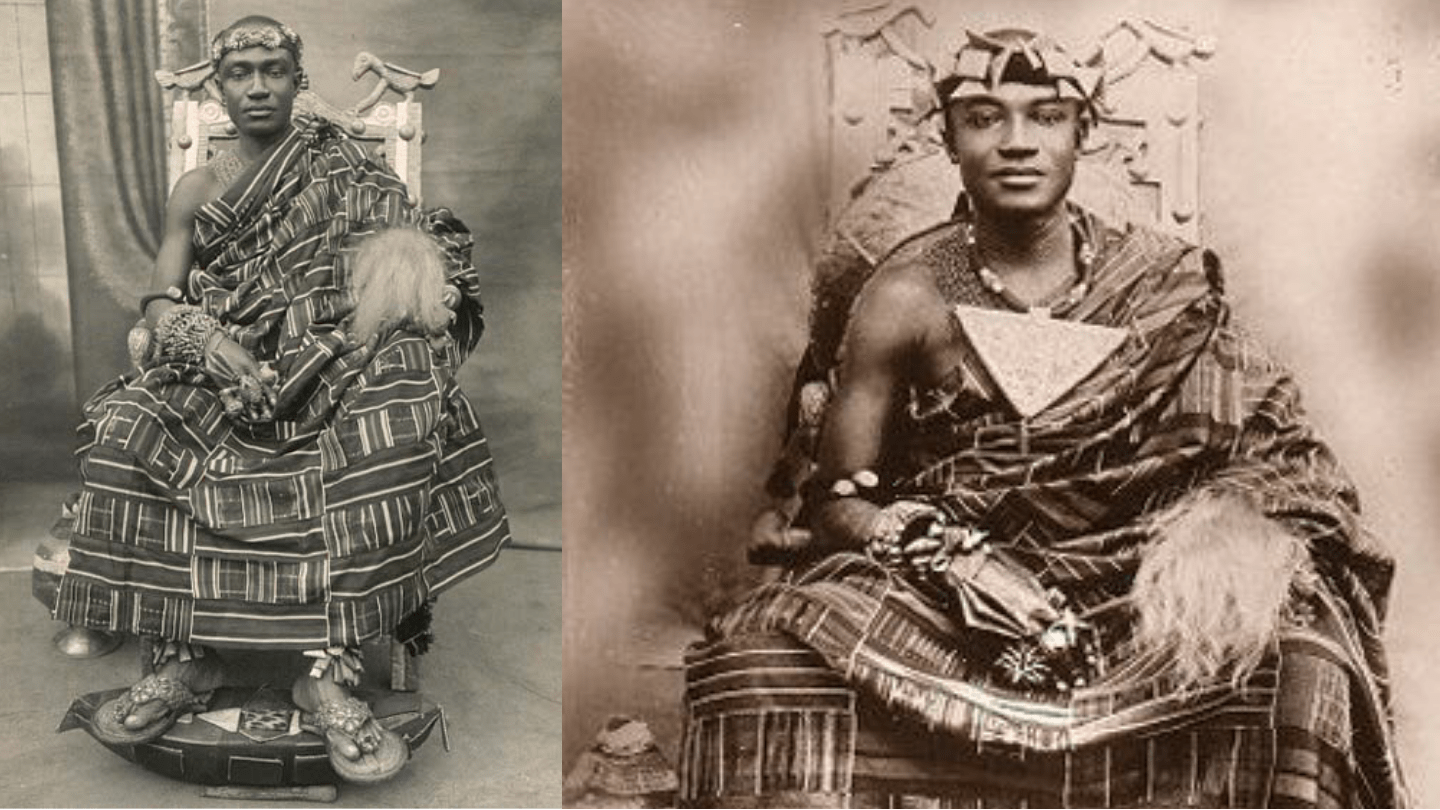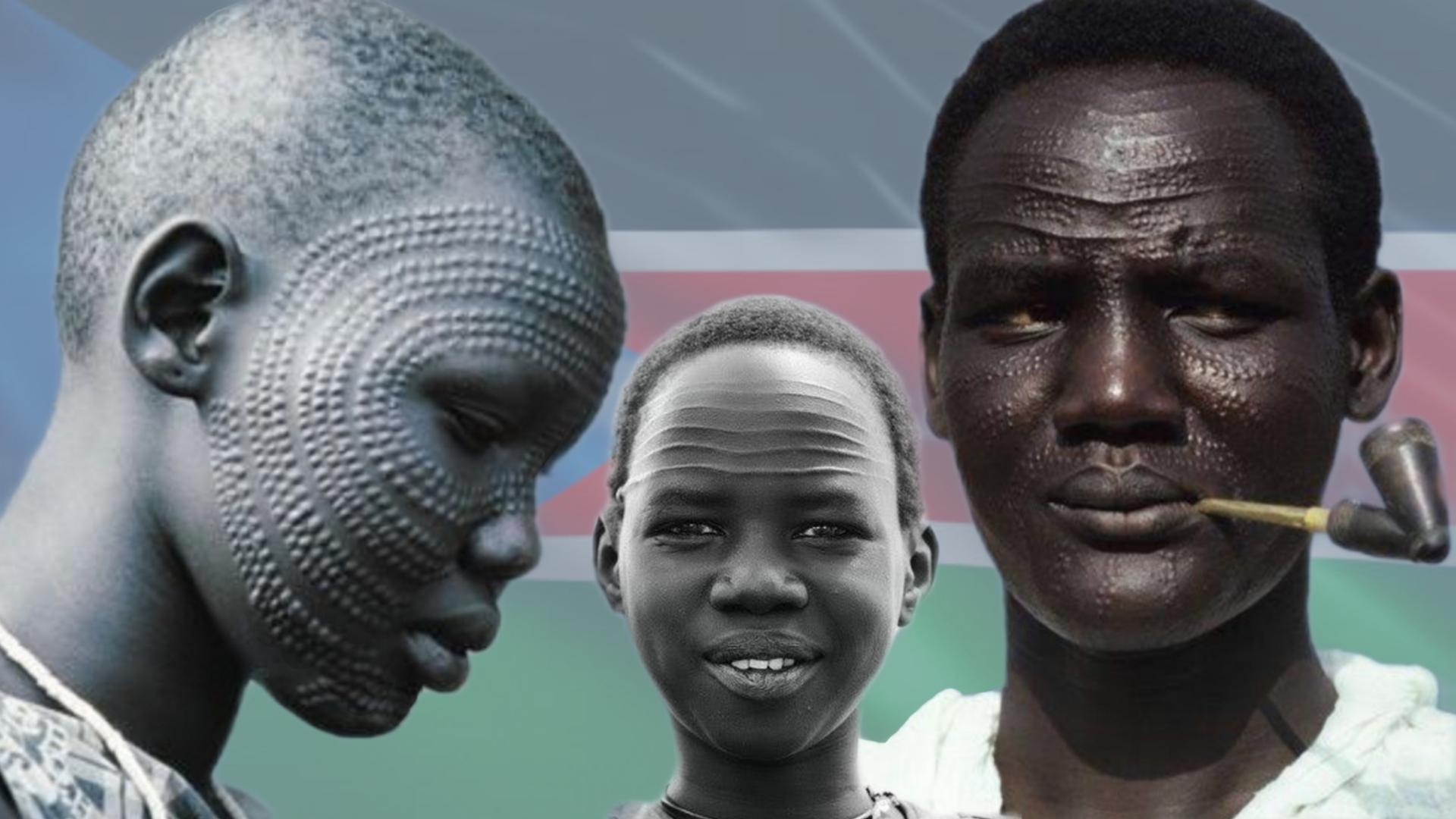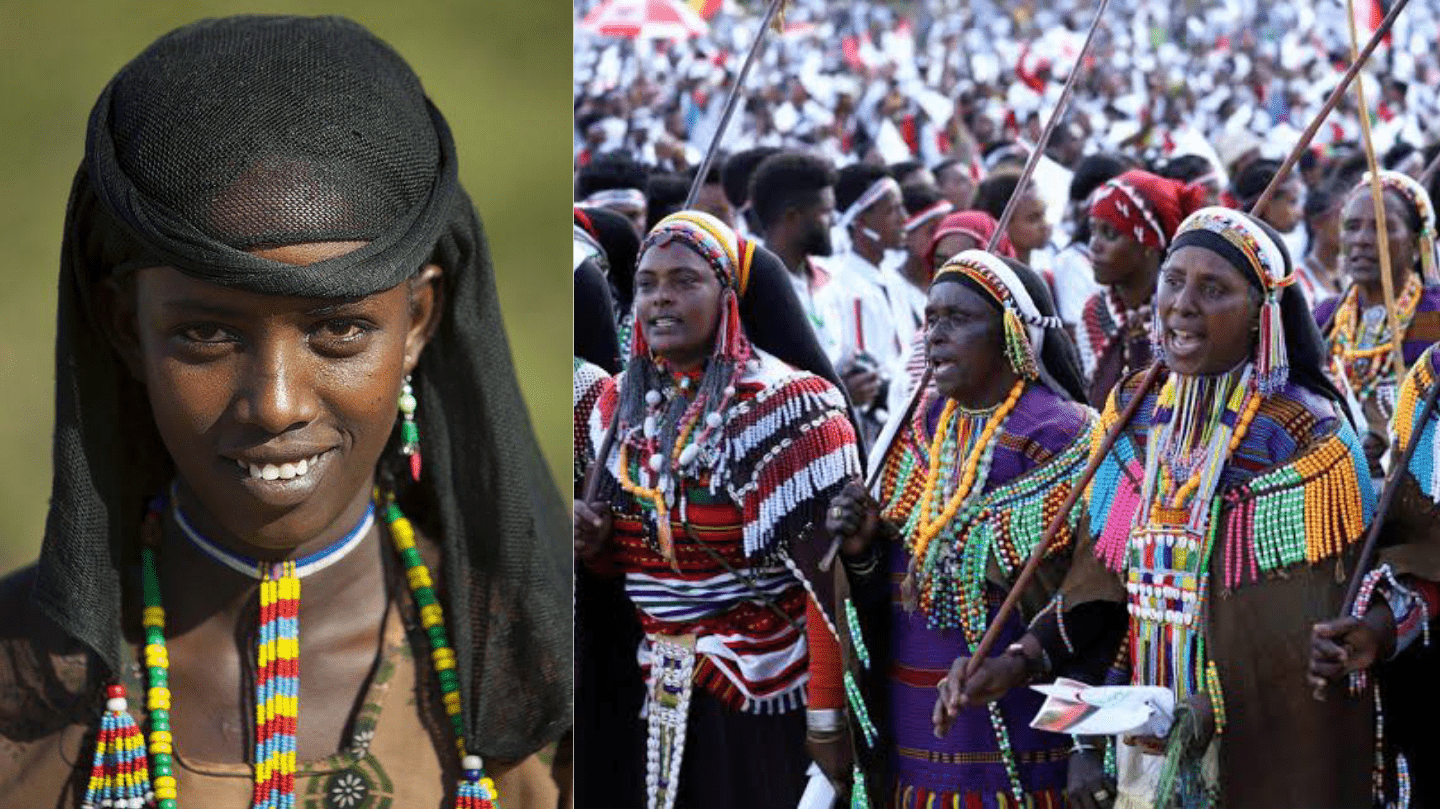Egyptian archeologists have unearthed a 3,000 year-old lost city complete with mud brick houses, artifacts and tools from the times of the pharaohs. The mortuary city, in the southern province of Luxor, is being called the most important such find since the tomb of Tutankhamun. It dates back to the period under King Amenhotep III of the 18th dynasty. There …
Read More »The African History
Africa created stars & moon system 7,000 years ago. World’s oldest astronomical site
This 7,000-year-old stone circle tracked the summer solstice and the arrival of the annual monsoon season. It’s also the oldest known astronomical site on Earth. For thousands of years, ancient civilizations around the world built huge stone circles to mark the seasons and align them with the Sun and stars. These early calendars predicted the arrival of spring, summer, fall, …
Read More »Ancient Kingdom of Rwanda
The Kingdom of Rwanda was a pre-colonial Bantu kingdom in East Africa that survived under German and Belgian colonial rule with some autonomy intact until its monarchy was abolished in the Rwandan Revolution in 1961. Rwanda became a republic after a referendum in 1961 and gained independence in 1962. A court in exile has been operating abroad since the monarchy …
Read More »Iyoba Idia: Warroir Queen Mother of Benin Empire
Idia was the mother of Esigie, the Oba of Benin who reigned from 1504 to 1550. She was portrayed as a great warrior who fought tirelessly before and during her son’s reign as the oba (king) of the Edo people. Following the death of Esigie’s father, Oba Ozolua, Queen Idia was instrumental in securing the title of oba for him. …
Read More »Humans began to migrate from cradle land Africa 100,000 years ago
Homo sapiens is a member of the hominid family, which includes the first human-like beings. Based on geological and anthropological data, we believe that hominids diverged from other primates in eastern and southern Africa between 2.5 and 4 million years ago. Though the hominid family was diverse, they all shared the characteristic of bipedalism, or the ability to walk on …
Read More »King of Ghana Empire, Tunka Manin ‘the peace maker’ (1062 – 1076 AD)
Tunka Manin, also known as Tunkamenin born around 1010 AD, was a Ghanaian ruler who reigned from 1062 to 1076 AD. King Bassi was his forefather. Tunka was crowned king because he was the son of the former ruler’s sister, as well as because the Soninke people followed a matrilineal system of inheritance. The Soninke dynasty is thought to have …
Read More »Kingdom of Nobatia (400–7th century)
Nobatia of Lower Nubia was a late antique kingdom. It succeeded the kingdom of Kush, along with the two other Nubian kingdoms of Makuria and Alodia. Nobadia steadily spread after its founding around 400, defeating the Blemmyes in the north and incorporating the territories between the second and third Nile cataract in the south. It converted to Coptic Christianity in …
Read More »‘The Great man’ King Osei Kofi Tutu I of Ashanti Empire (1660 – 1717)
Osei Kofi Tutu I (c.1660-c.1717), who was assisted by Okomfo Anokye, his chief priest and distant relative, was one of the founders of the Ashanti Empire. The Asante are a West African ethnic group belonging to the Akan ethnic group. Osei Tutu led an Asante coalition against the regional hegemon, the Denkyira, and defeated them completely. He then convinced the …
Read More »Nuer: Second largest ethnic group in South Sudan & one of the oldest Nilotic tribes
The Nuer also called Naath are a Nilotic ethnic group who live primarily in South Sudan’s Greater Upper Nile region. They also have sizeable population in the Gambella region of Ethiopia. Nuer people speak the Nuer language, which is part of the Nilotic language family. The Nuer are South Sudan’s second largest ethnic group. The Nuer are pastoralists who make …
Read More »Oromoo: The largest ethnic group in Ethiopia. Praised for the ‘Battle of Adwa’
The Oromo are a Cushitic ethnic group and nation indigenous to Ethiopia and Kenya who speak the Oromo language. They are Ethiopia’s largest ethnic group, accounting for 34.5 percent of the country’s population. Oromos speak the Oromo language (also known as Afaan Oromoo and Oromiffa), which is part of the Cushitic branch of the Afroasiatic language family. 55% – 60% …
Read More » The African History Truly African
The African History Truly African
